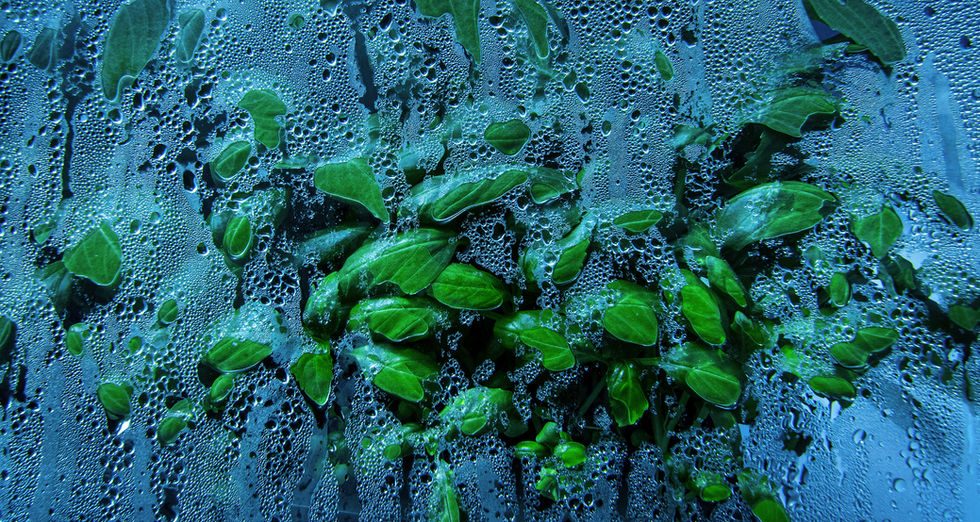
Courtesy of
Giacomo d'Orlando
Climate Change Series
Giacomo d'Orlando
Winner
Giacomo d'Orlando (1990) is an award-winning documentary photographer born in Italy.
He began his career in 2011 as an advertising photographer until, in 2015, he decided to move to Nepal and then Peru to enter the world of photojournalism, working alongside several local NGOs and focusing mainly on social issues.
After this experience, from 2018, he lived in Australia and New Zealand. This inspired him to concentrate on the environment, with particular attention to the possible future scenarios caused by climate change. Today his work looks at how the increasing pressures brought about by climate change are reshaping the planet and how present-day society is reacting to the new challenges that will characterize our future.
Nemo's Garden
Italy. Cities: Noli, Genova, Pisa
2021
According to the IPCC, the desertification brought by climate change in recent years has already extensively reduced agricultural productivity in many regions of the world.
Agriculture represents 70% of freshwater use worldwide, and the current population projections talk about an estimated increase of up to 10 billion by the end of the century.
It is urgent, then, to find an alternative method of cultivation that is ecologically sustainable for our future.
This scenario perfectly fits the Nemo’s Garden: the first underwater greenhouses of terrestrial plants in the world.
This completely self-sustainable project represents an alternative farming system particularly dedicated to those areas where environmental or geo-morphological conditions make the growth of plants almost impossible.
The microclimate and thermal conditions within the biospheres are optimal for plant growth and crop yields.
The plants are cultivated hydroponically using coconut fiber cones irrigated by the water obtained thanks to the condensation process on the inner walls of the biospheres, which transforms the salt water into freshwater.
Self-production of energy thanks to solar panels is used for powering all the utilities of the underwater lab, which is useful to check O2, CO2, humidity, and temperature data from the surface.
It is also proven through experiments conducted at Pisa University that plants grown in Nemo’s Garden have higher concentrations of essential oils, over 31,5% higher antioxidant activity, and a 13.3% increase of polyphenols content than plants grown in the soil. This data is particularly actionable in the pharmaceutical field, especially for the production of vaccines.
The encouraging results of the last years, where more than 40 different species of plants have been successfully cultivated, give us hope that we have found a sustainable agricultural system that will help us tackle the new challenges of climate change.












